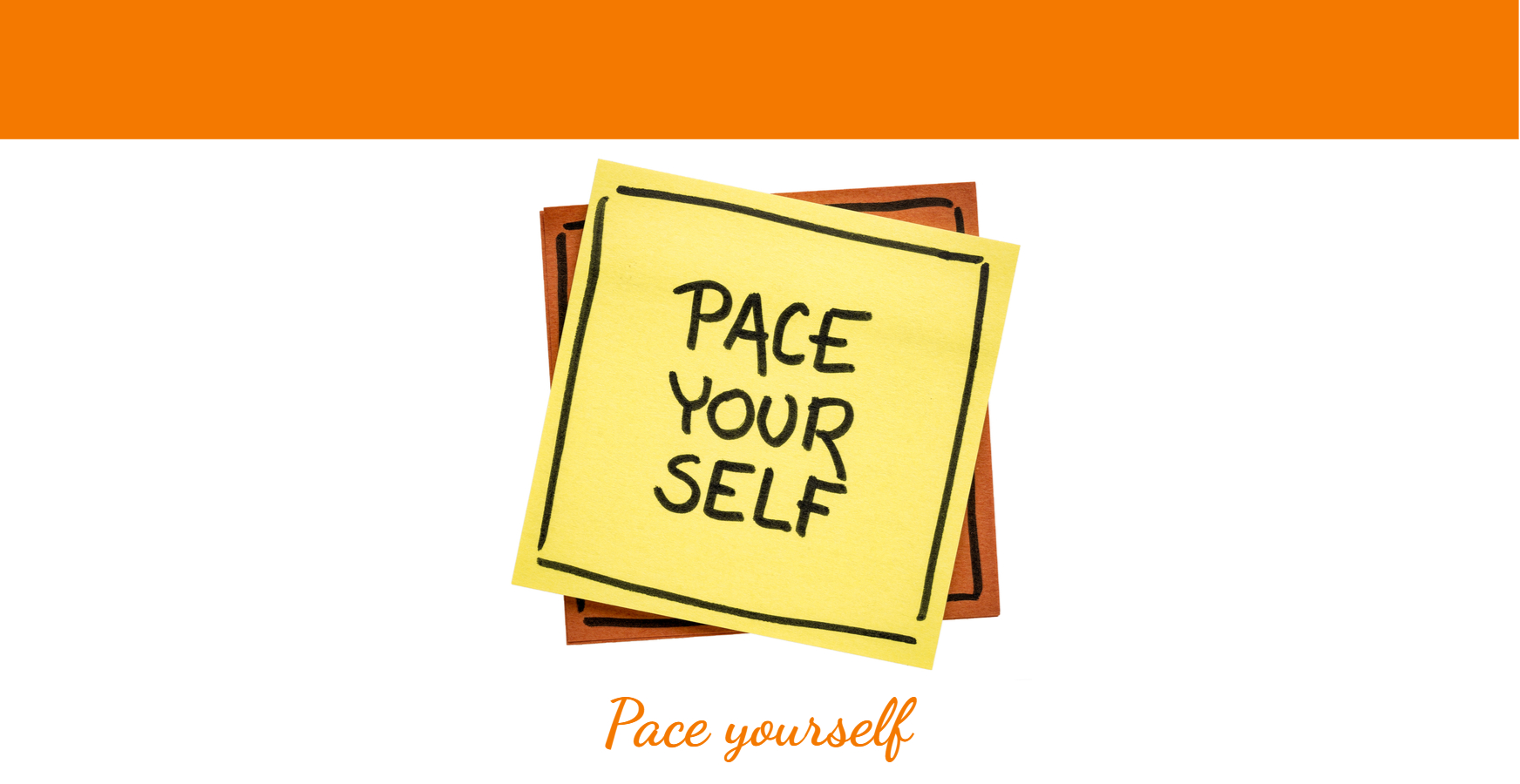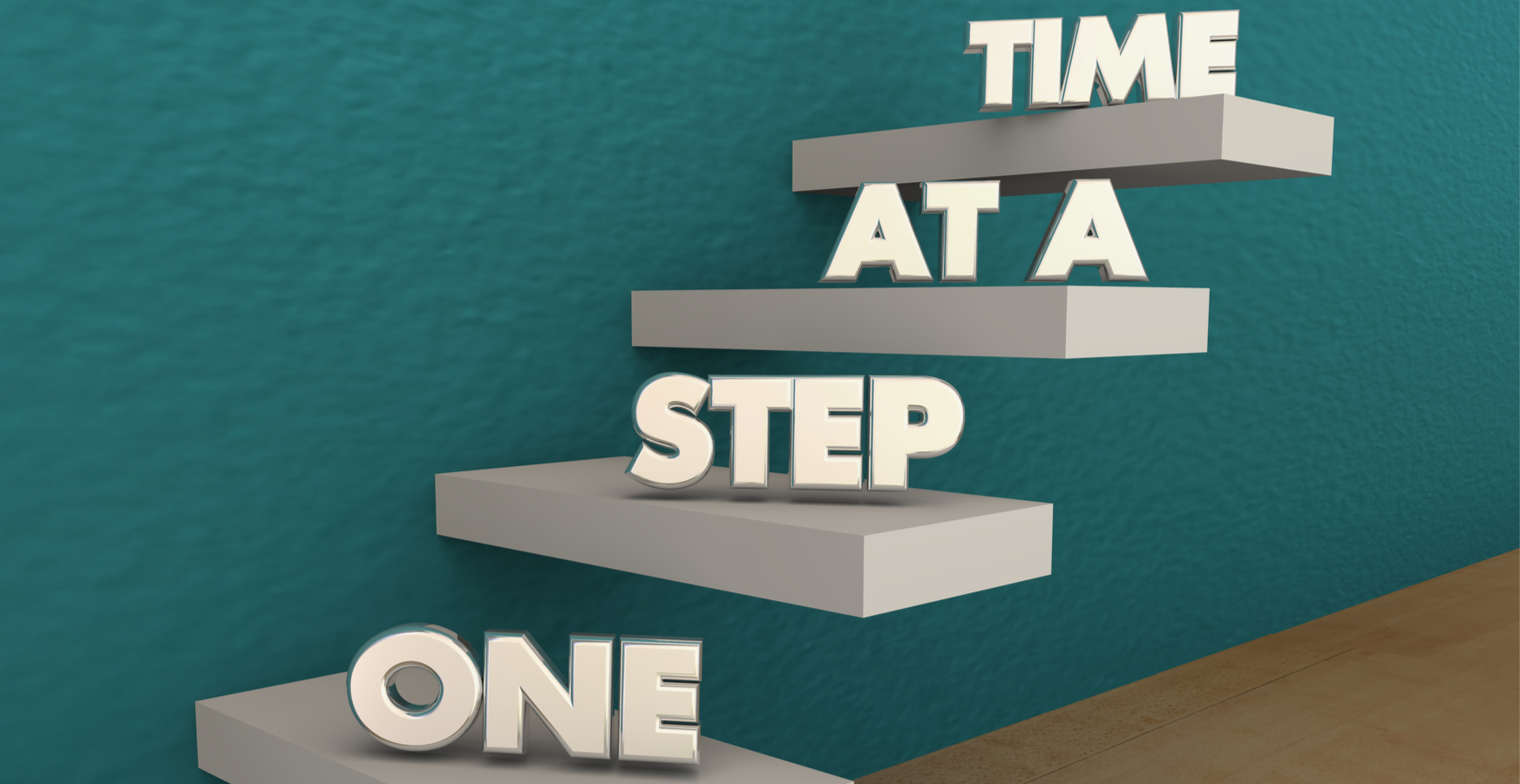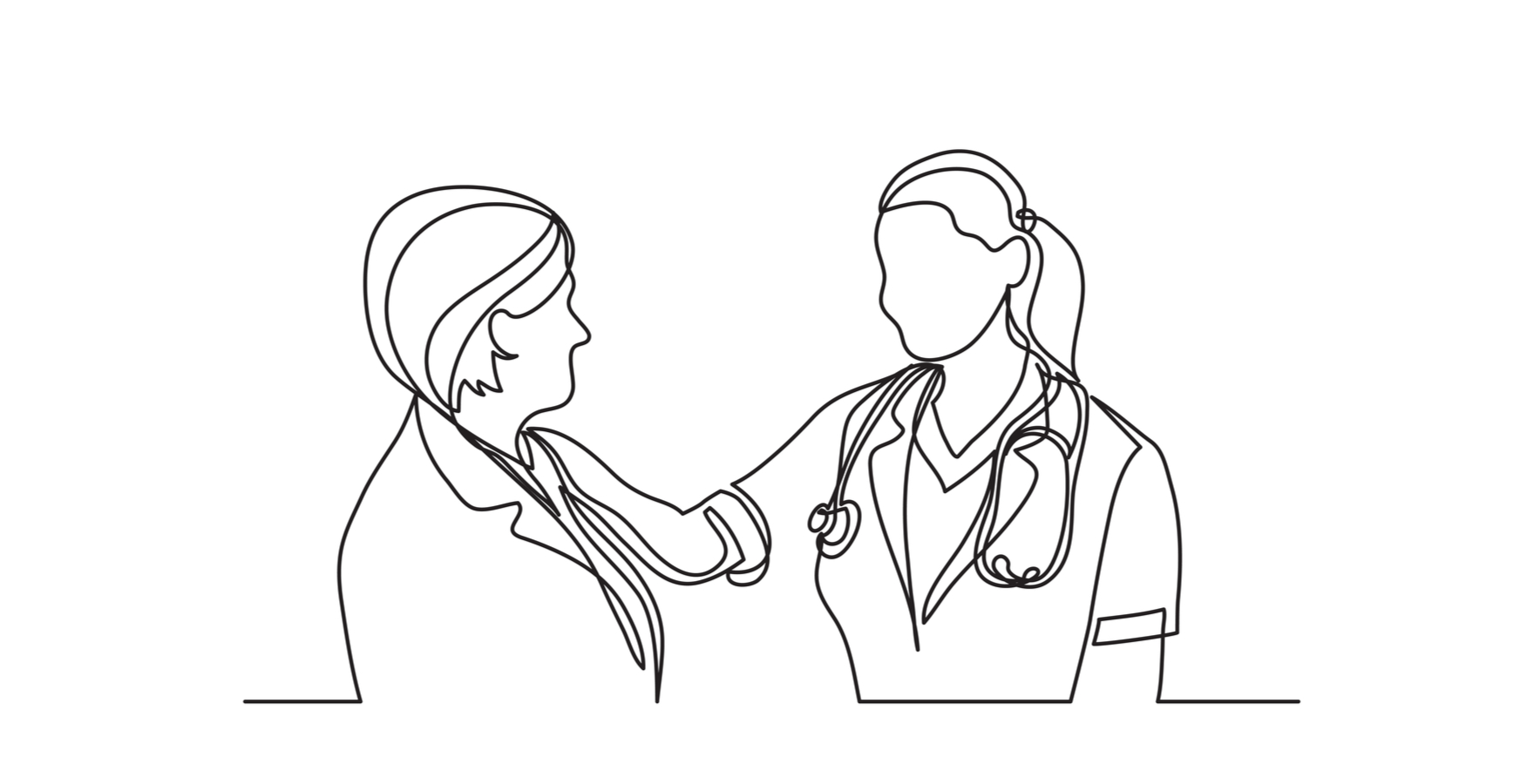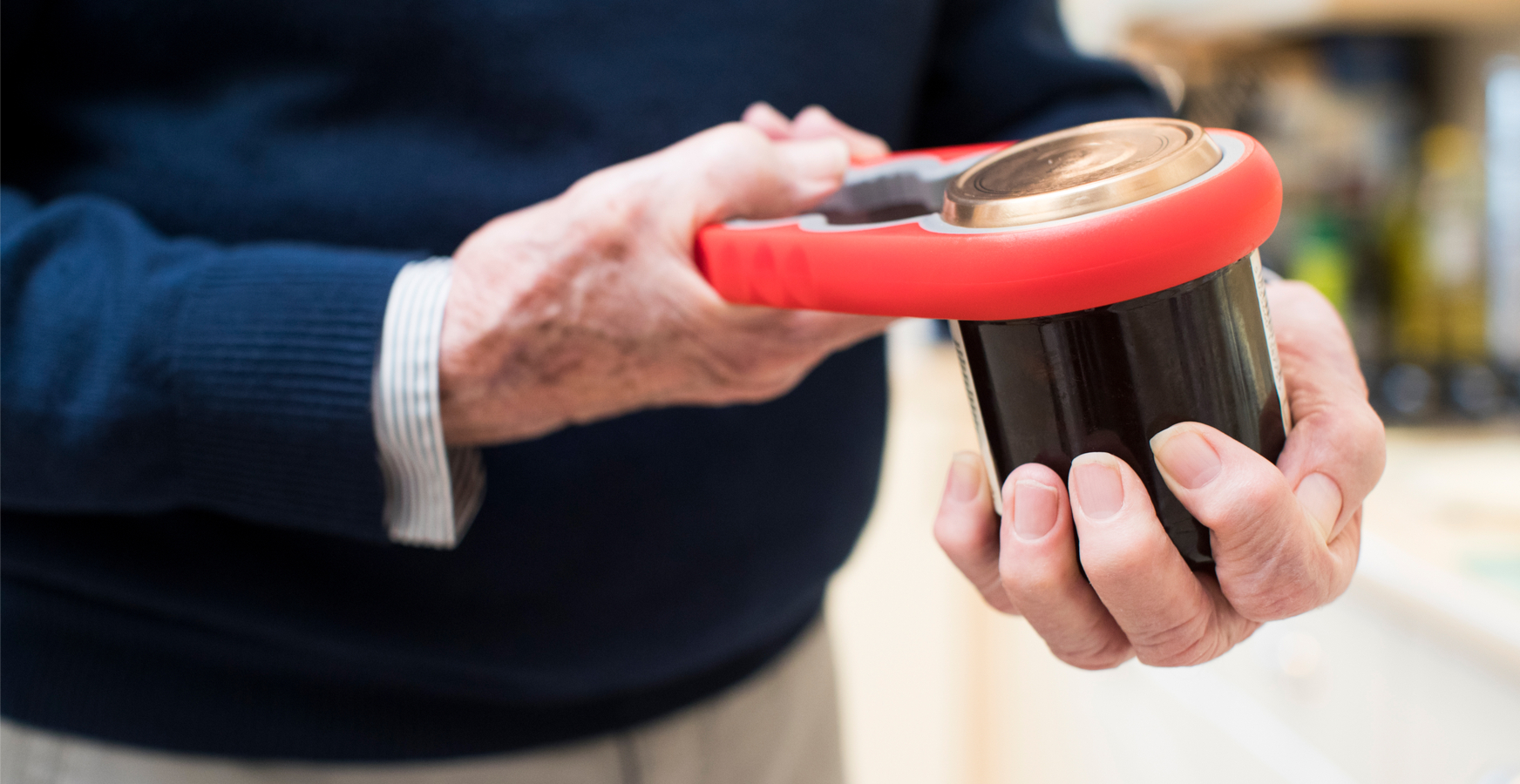I find analogies very helpful, maybe because it is easier for me to think more clearly, and perhaps less emotionally, about situations other than my pain situation. This is the analogy I use when thinking about my pain management, and the balancing of that with enjoying life.
I am yeast intolerant. I’m not allergic to yeast, but if I eat food with yeast in, for example bread, then it will make me ill. I start to suffer bowel and other related difficulties. The more I eat the more ill I become. If I ignore my condition and keep eating bread, then I get to the stage whereby I’m in a great deal of pain and discomfort and quite ill. If I get to this stage, then it can take weeks for my symptoms to calm down.
I really like bread though! Most of the time I’m sensible and don’t eat bread, which allows my bowel etc to be in the best condition it can be. However, if I’m being offered some bread that looks particularly good, then sometimes I will choose to just eat it anyway. Providing I don’t do that very often then I get away with a little ‘flare’ of my symptoms which resolve within a day or so. I consciously make the decision that I’m happy to accept the consequence of short-term pain and discomfort for doing something I want to do, eating the bread. I am cautious not to repeat eating bread over the following few days as there quickly comes a point whereby the pain and discomfort is not worth the pleasure of eating the bread!
I apply the same thinking to living my life with pain. I accept that if I want to live the best and most fulfilled life as possible that at times I will need to relax my pro-active pain management and accept that I may experience increased pain because of doing something that is important to me. I’m careful though not to go too wild and allow my pain levels to build up to the stage I am in a lot of difficulty, not just at the time but for an extended period after.
For example, I choose to work despite living in pain. I am lucky enough to have a portfolio of work that I find fulfilling and worthwhile. However, I have to travel for my work, and often have to sit for extended periods. Sitting still, particularly on chairs that may not be optimal for me, irritates my sciatic nerve and causes pain, both at the time and later in the evening/night. I have learnt not to get uptight about the need to sit at work and on trains for extended periods. I do what I can to improve the situation, but I basically get on with it because the work I am doing is important to me.
I reckon that if I didn’t work and instead practised my pain management beautifully at home, then I would have less pain, but I would also have much less fulfilment and enjoyment, and I think be much more likely to experience depression. There is a balance to be had, which can be difficult to find at times. I try to manage my calendar such that if I know that I’m going to aggravate my condition by sitting for extended periods one day, then the following day I will work either from home, or closer to home.
The same works for my social and family life. I know that if I have family to stay then I’m likely to do more things that aggravate my condition and then suffer the consequences both at the time and for a period afterwards. Obviously, I’m careful what I do, but I still need to live life and so balance this against the resultant pain.
When things are a little quieter though I try to be even more careful about pain management to try and balance things out and stop my difficulties escalating.
Trying to find the balance between enjoying life, and living as ‘normal’ a life as possible, and the need to undertake pro-active pain management in order to particularly reduce the physical irritation of my sciatic nerve is difficult, but not impossible.
This balancing act is what I think of as ‘pacing’.
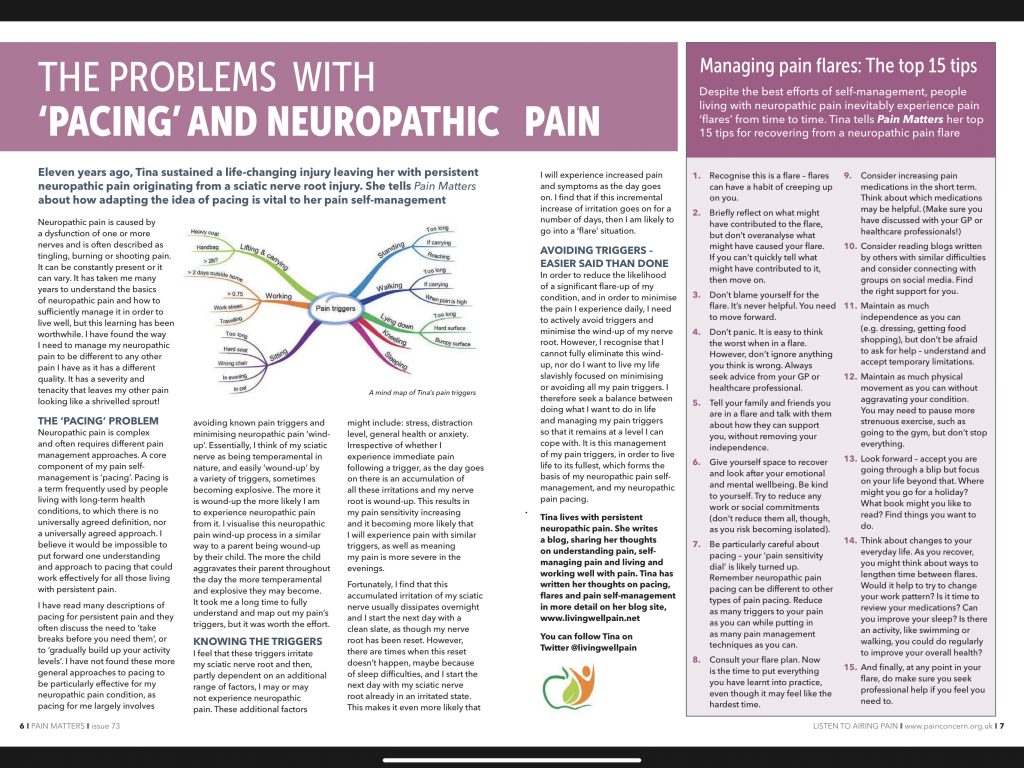
Click on the pictures to learn more about each strand
More Information

